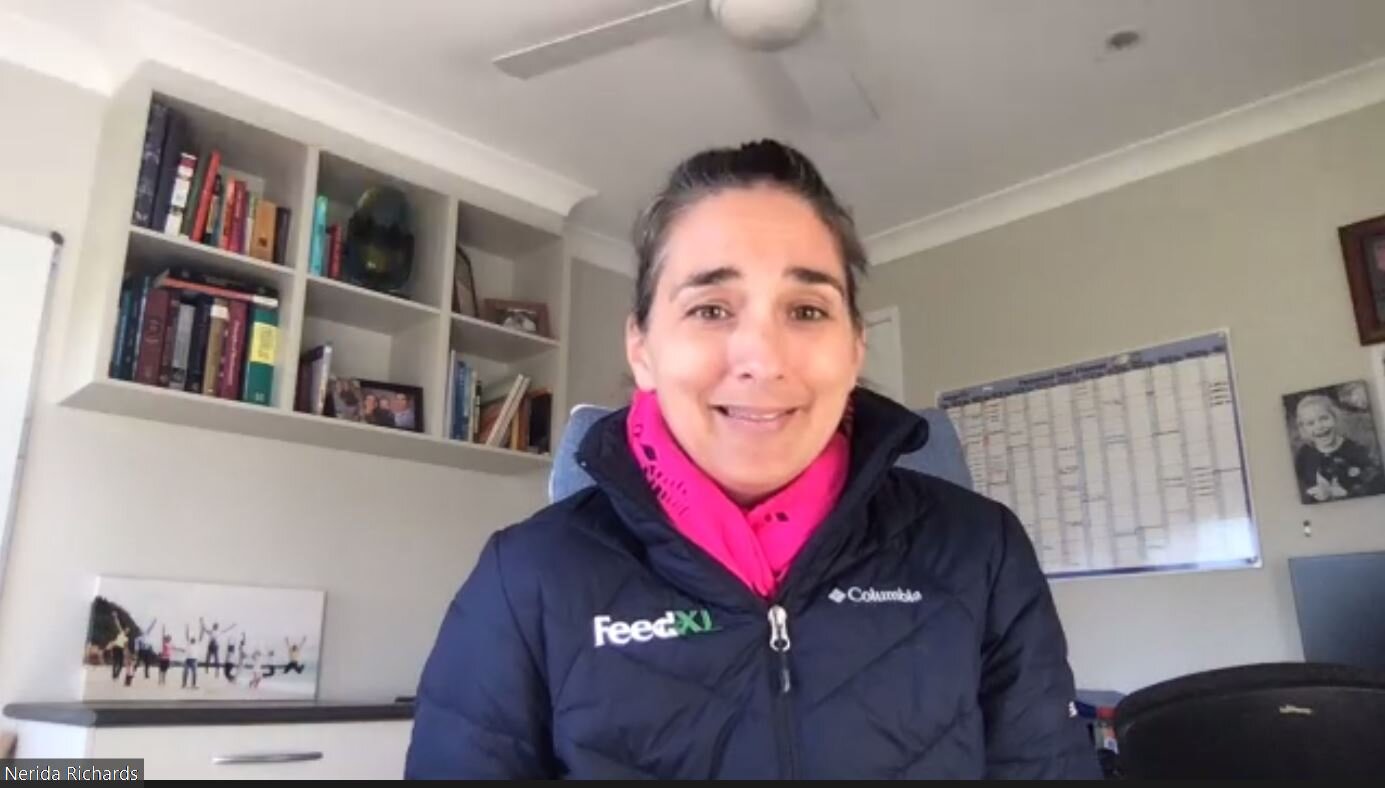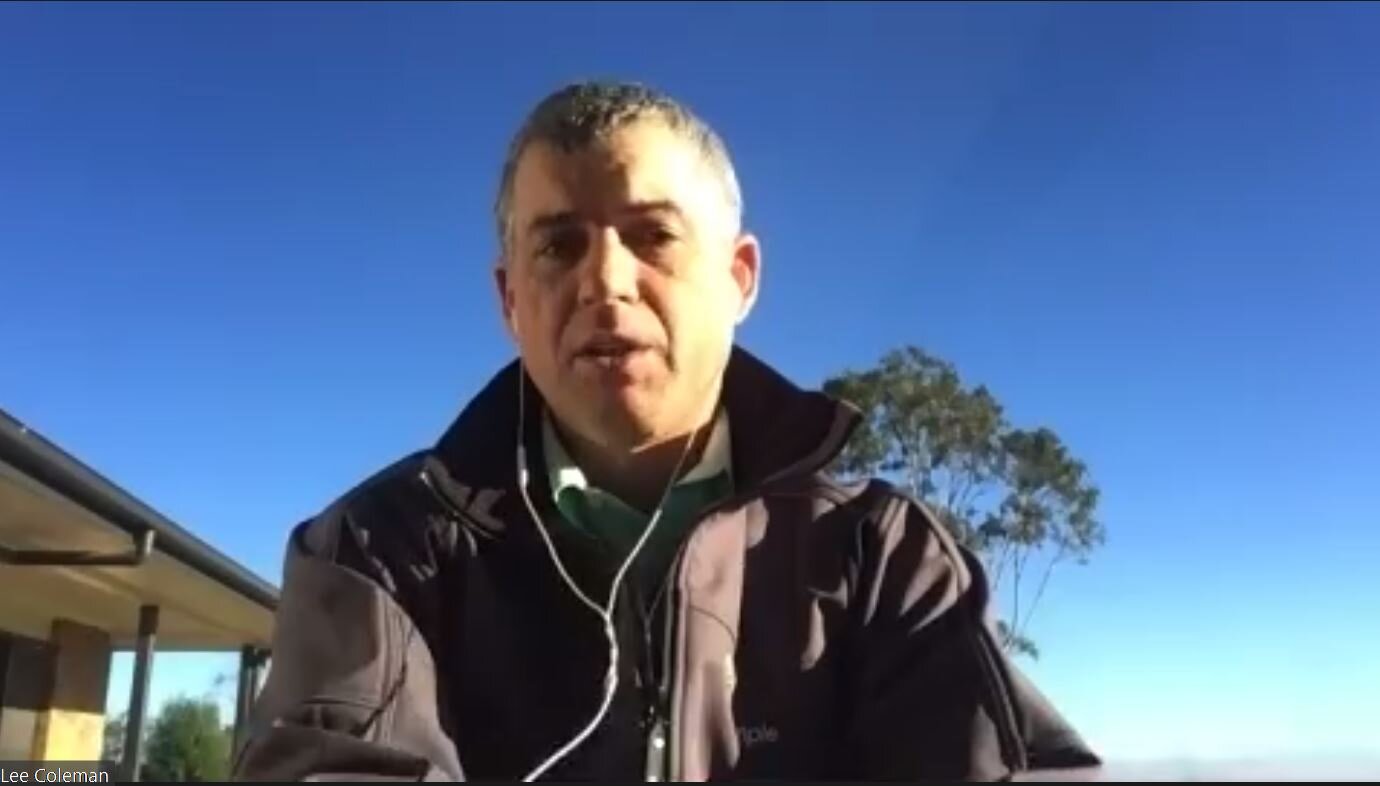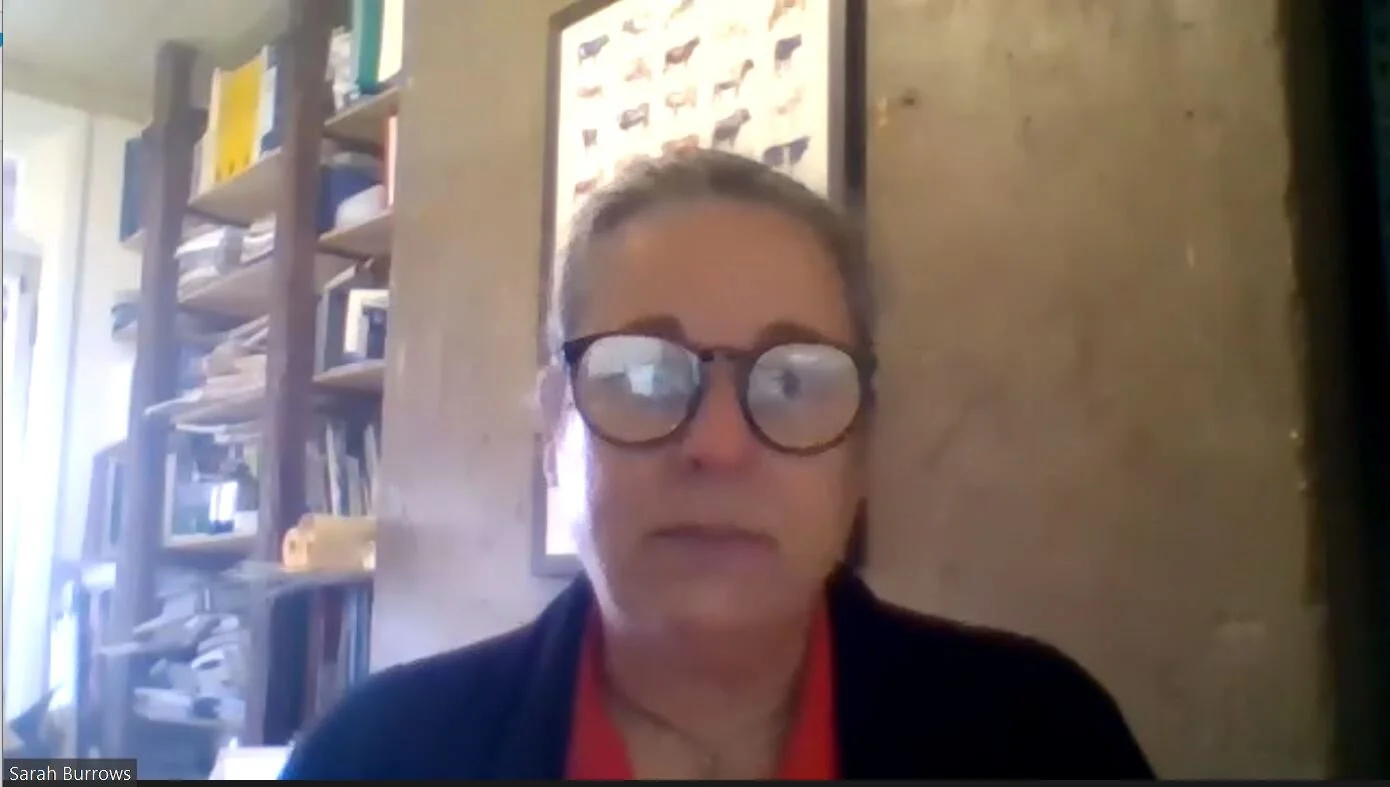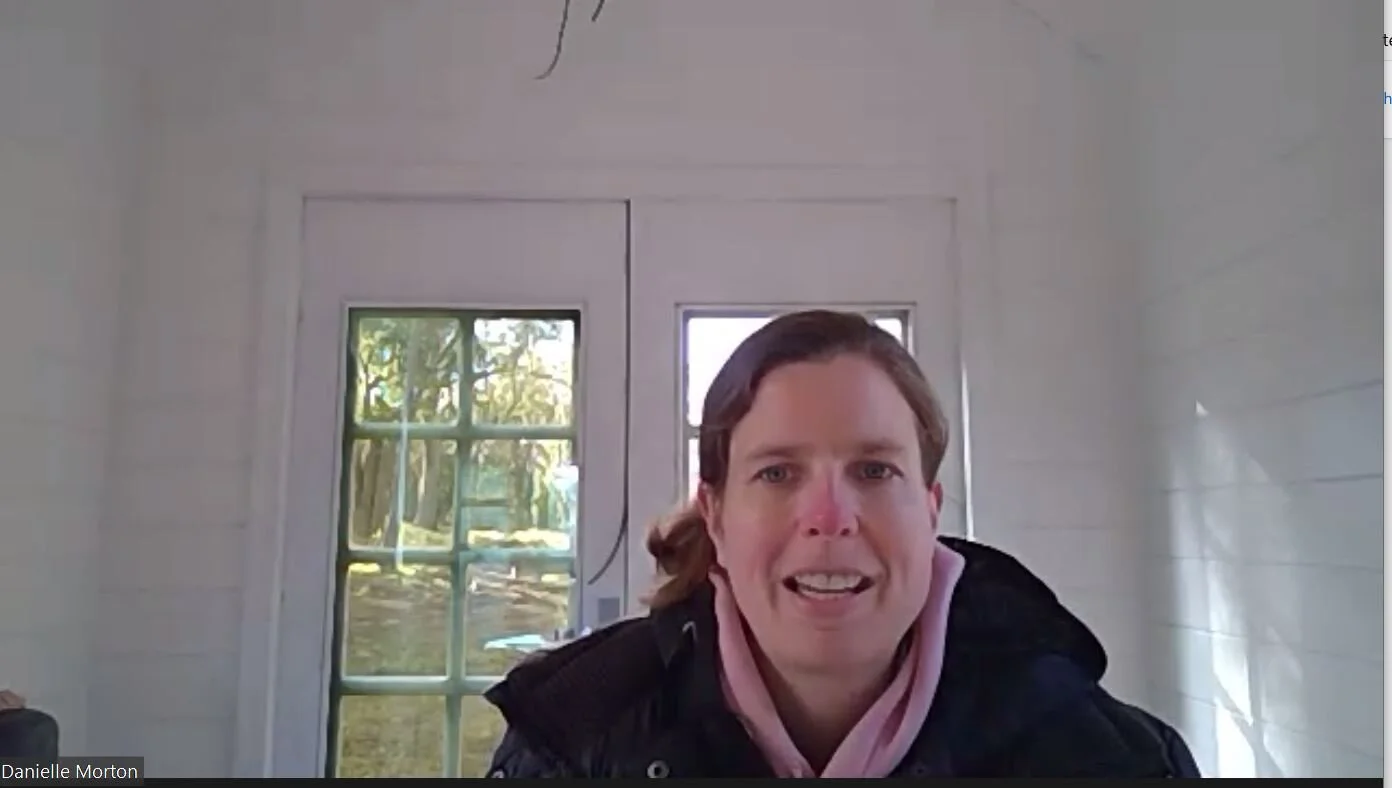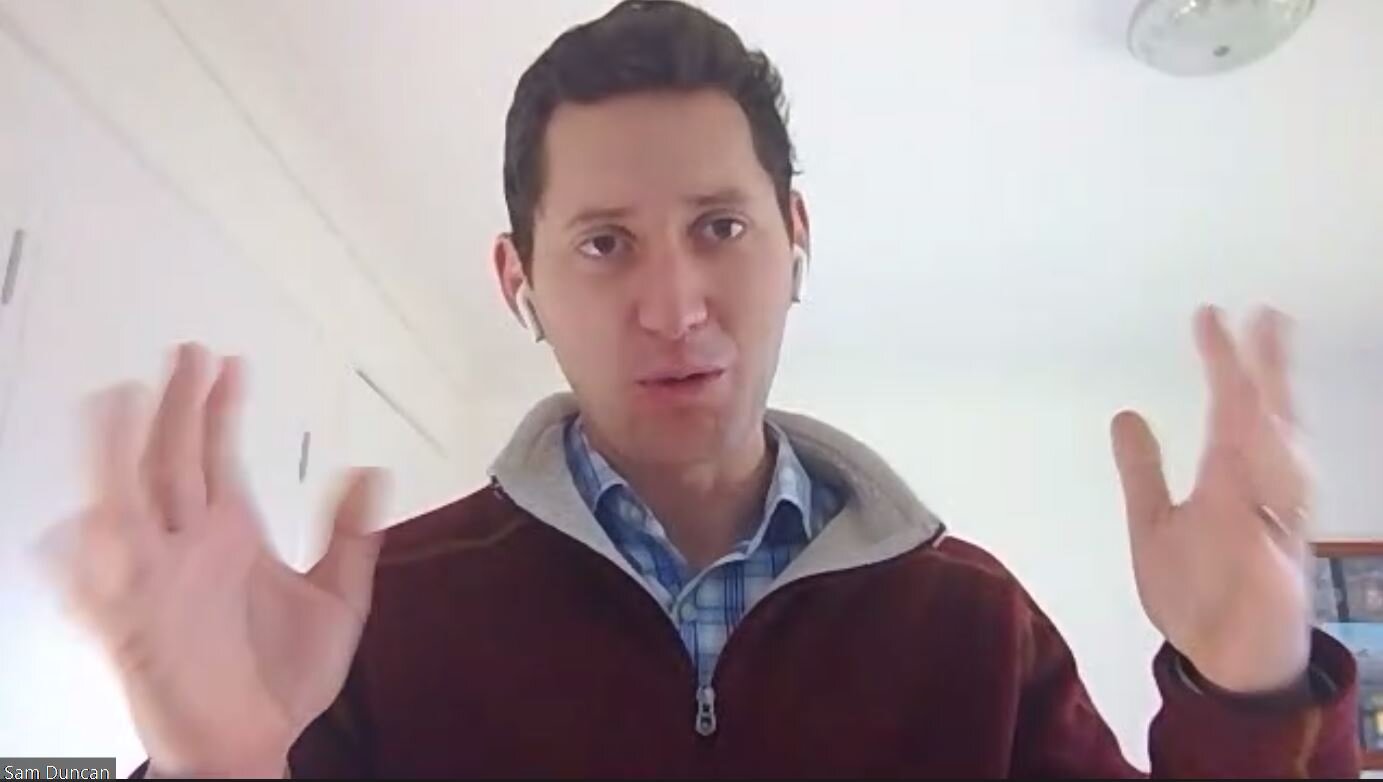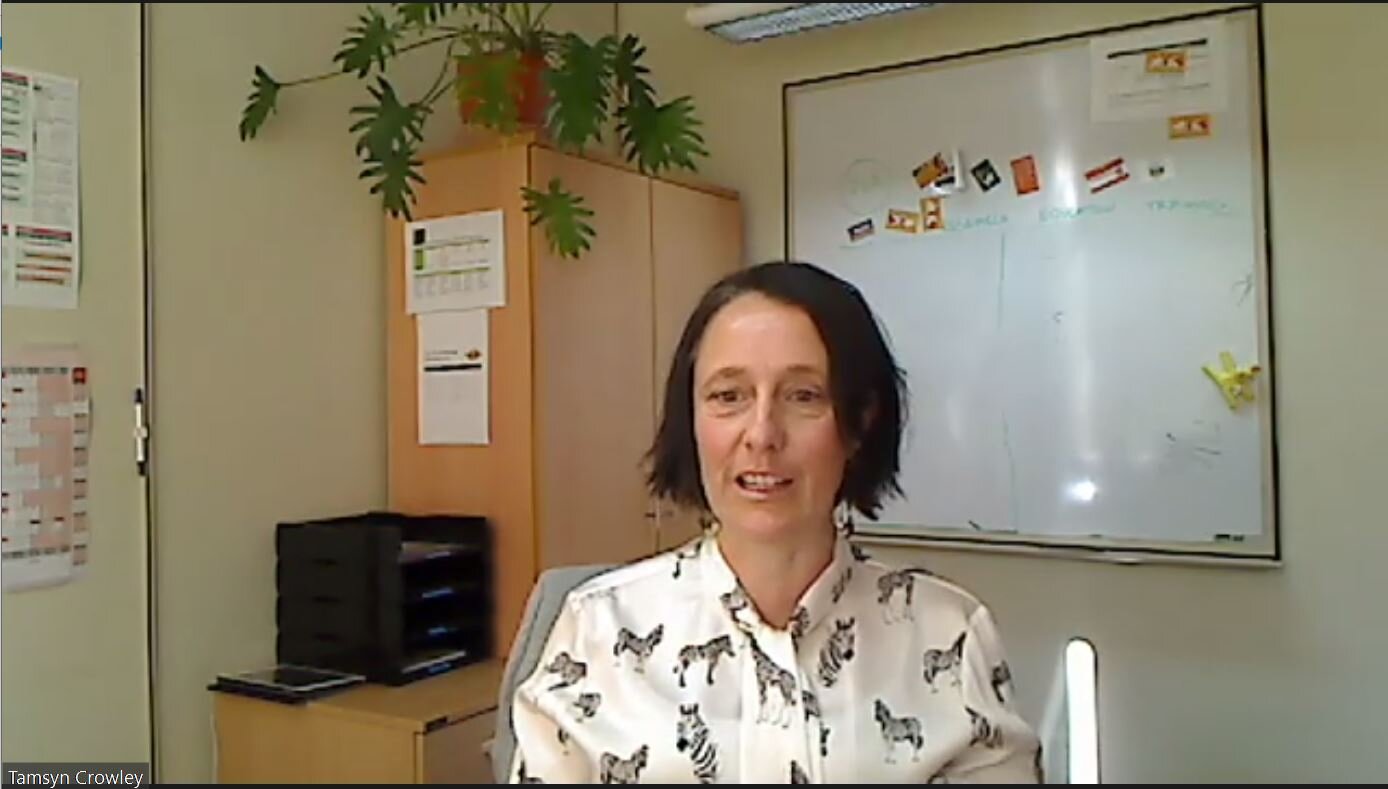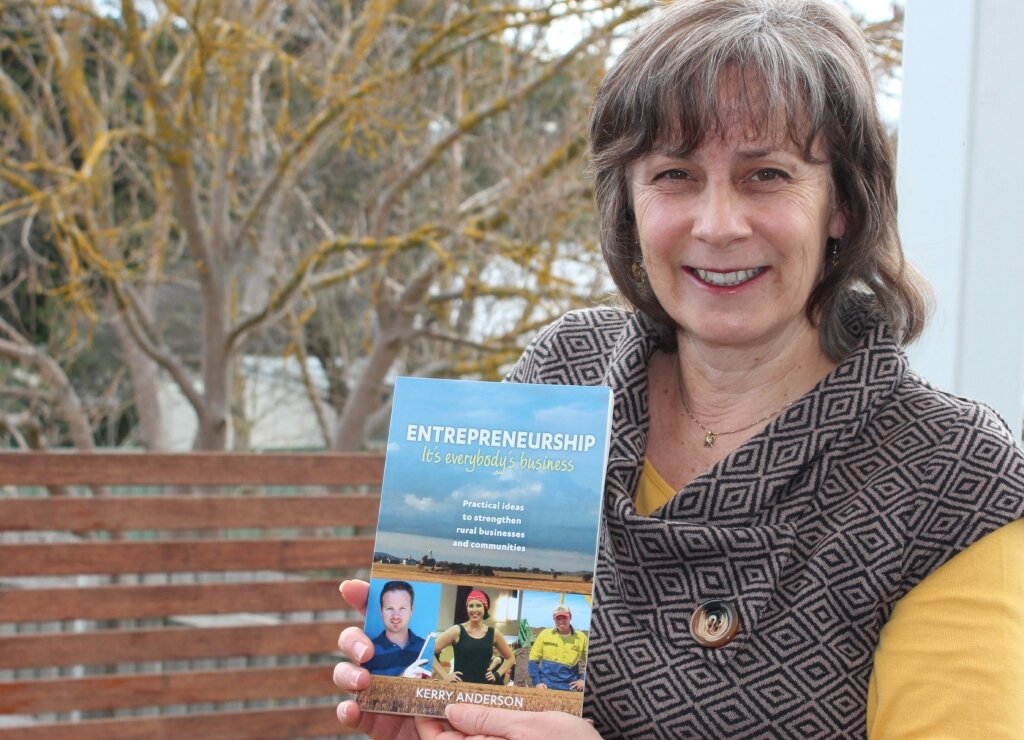Outback Innovators
In a modern world, and particularly during the current COVID restrictions, there is much more interest in where our food comes from, how it was produced, and appreciation of it being grown in our own regions. Could this be the ideal time to promote the opportunities in our rural towns and industries to all Australians?
Without a doubt rural Australia is full of amazing innovators, I’ve met many and written about them over the years. Today it was great to meet some more in the Outback Innovators session hosted by The Centre for Optimism and University of New England’s SMART Region Incubator.
Here are just a few of the points I took away from a fantastic conversation.
Nerida Richards, from FeedXL, talked about the importance of the horse industry as part of our culture and for our mental health. She also spoke about the dilemma of increasing their prices just as COVID-19 hit. After much discussion they decided to go ahead with their plans. ‘We can’t let circumstances affect our actions,’ Nerida wisely said. As was experienced during the 2008 global financial crisis, spending on pets increased, and sales have also been strong for their company the past three months.
Lee Coleman from Farm Simple recalls how 30 years ago his farmer father was concerned about how they could keep feeding the world. ‘But ag keeps stepping up to meet demand,’ Lee observes, ‘we’re constantly looking for ways to be more efficient and use water more wisely. Take cropping for instance. It wouldn’t survive if we didn’t keep trying to make it better.’ His company helps farmers to use the technology already on their mobile phones to make farming simpler.
Sarah Burrows from Red8Produce talked about solving the problem of ethical slaughter of animals on farm in small scale circumstances. A new nimble, agile and lightweight mobile abattoir is in the process of being built. ‘Regulations are really strict for good reason,’ Sarah says. Fortunately, they’ve found a way to work within them. She believes that the pandemic has effectively highlighted the benefit of low food miles, using seasonal produce, and buying food from within the regions. ‘Knowing what you eat and how it was treated during its life is important to everyone.’
Danielle Morton from Zondii blew our minds away with the potential of technology. Imagine taking a photograph of an apple with your mobile phone and being able to analyse whether it has been grown organically or with pesticides? Imagine knowing what type of grass the cow ate that produced your milk! ‘Consumers will drive change,’ she warns. ‘We all want to know where our food comes from.’
Sam Duncan from FarmLab loves data and wants farmers to be able to analyse and understand the healthy levels of carbon in their soil. ‘Take for example Zero which can be used to record and track your finances. That’s what we can do with soil, provide a financial platform for the environment.’ He also wants investors to understand the value of natural capital. ‘We really need to look at valuing our natural capital, it needs to be an item on our balance sheets.’
Tamsyn Crowley from the Poultry Hub Australia is using a virtual chicken to help educate and engage the wider community. ‘People who live in cities don’t realise the opportunities there are to raise better food for the whole country. If we better promote innovation, perhaps we can attract younger people to agriculture.’ She also reminded us that sustainability starts with us. ‘Every time we throw out food we are wasting the energy of the farmers in growing that food. We need to start by doing the right thing at home like not using plastic wrapping. The simple things matter and our kids will learn from us.’
At the end of the session, everyone agreed that the motivation for their start-up was to solve a problem.
‘We start with solving our own problem then how we can solve other people’s problems,’ said Lee. ‘But a start-up is a roller coaster,’ he warned.
‘You wouldn’t start this journey if you can’t imagine it, but it is a bit of a roller coaster,’ Nerida agrees. ‘You have to do the hard yards and can’t be blind to the obstacles.’
‘Talk to other people about your start up needs and they will talk to others who may be able to help build your capacity,’ was the advice of Peter McGilgrist from the University of New England. ‘
KERRY ANDERSON: Founder of the Operation Next Gen program and author of ‘Entrepreneurship: It’s Everybody’s Business,’ Kerry works with small businesses and rural communities to help them embrace new opportunities. In 2018 she was named as one of Australia’s Top 50 Regional Agents of Change. READ MORE
